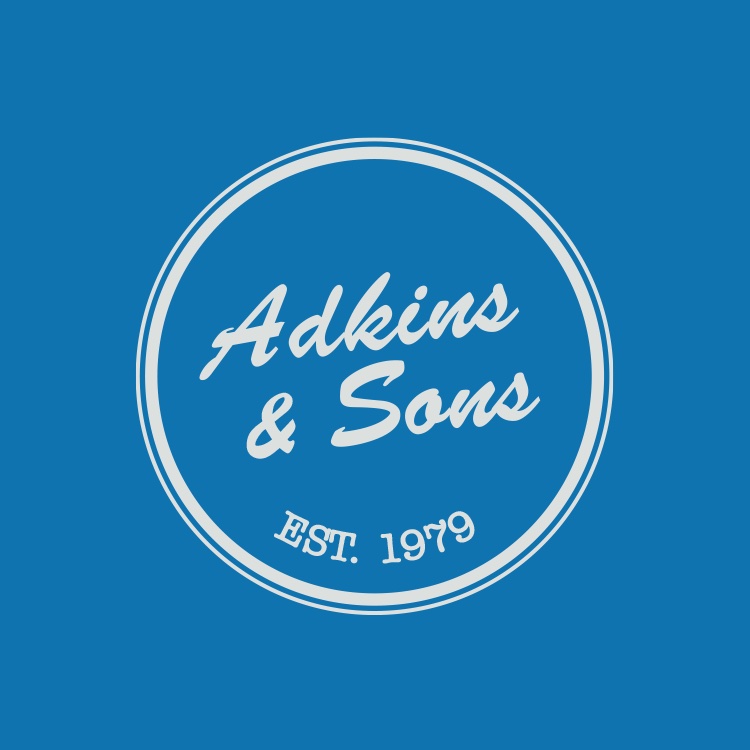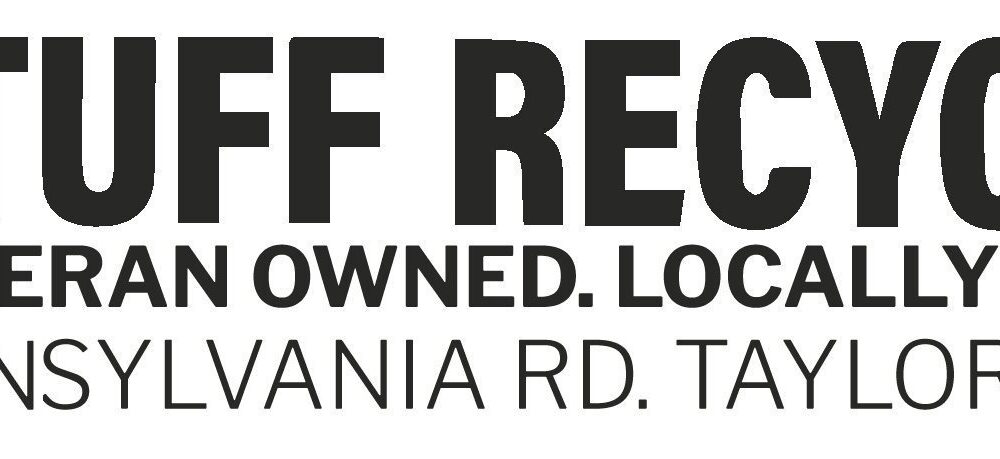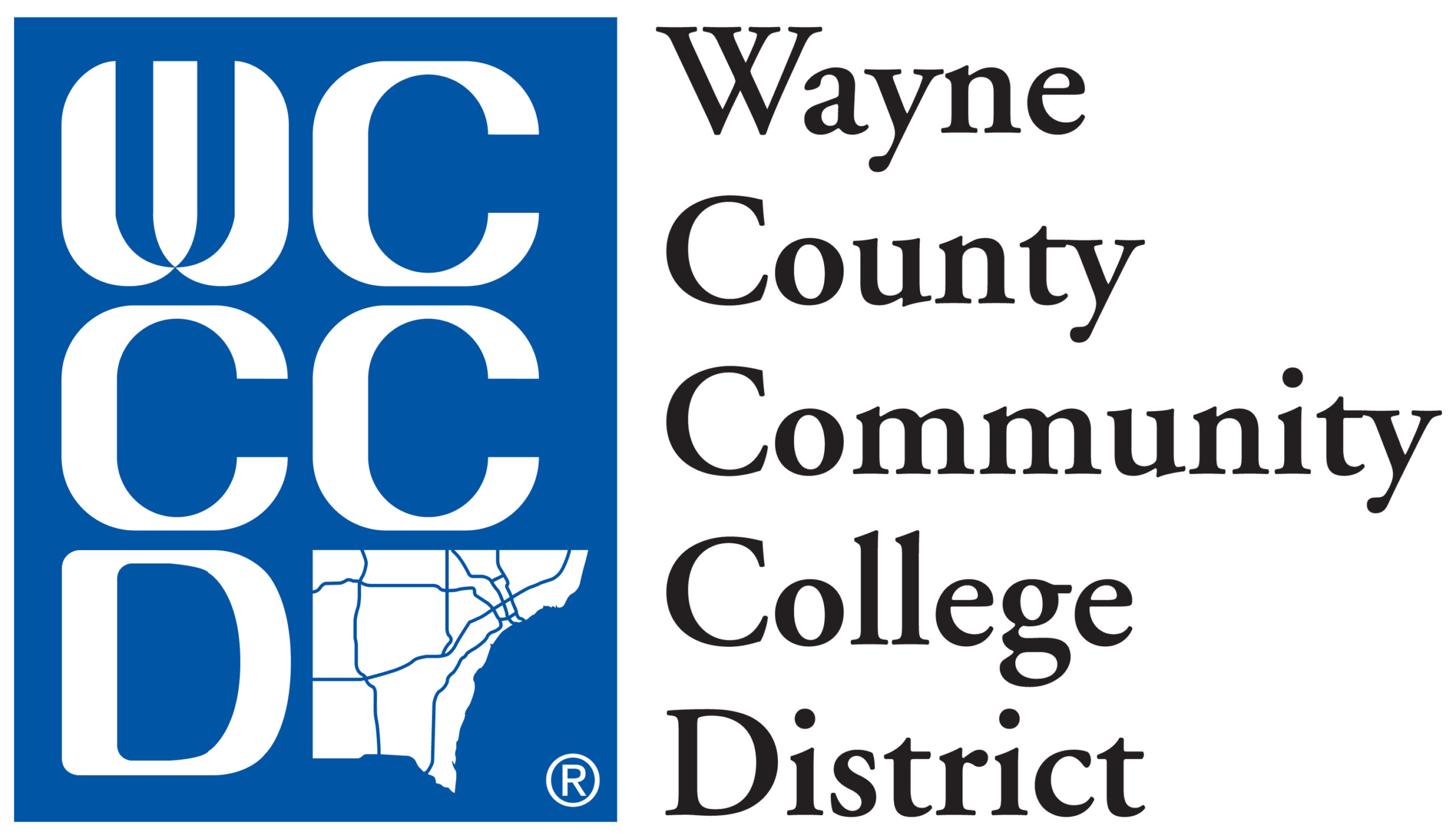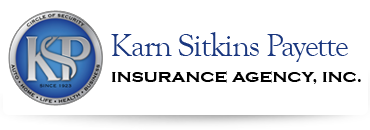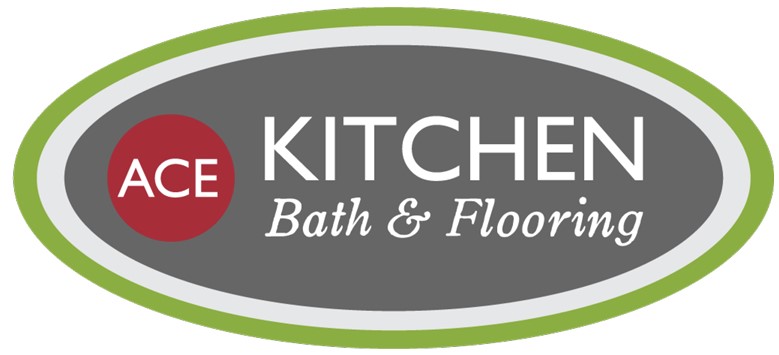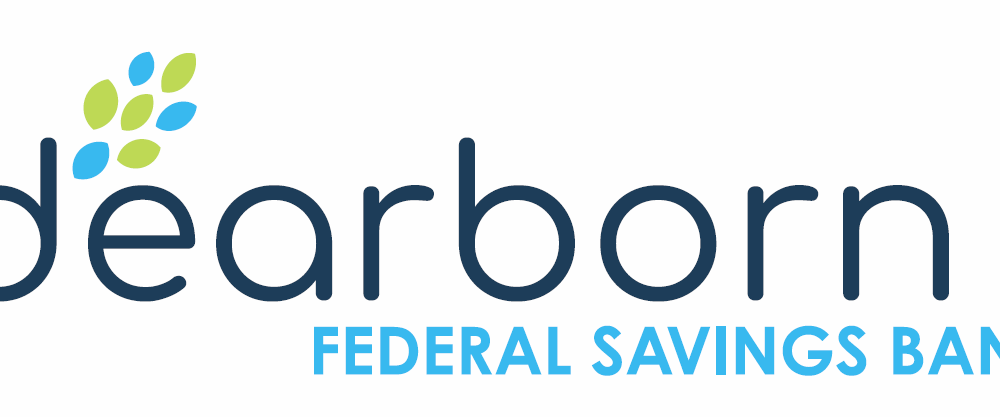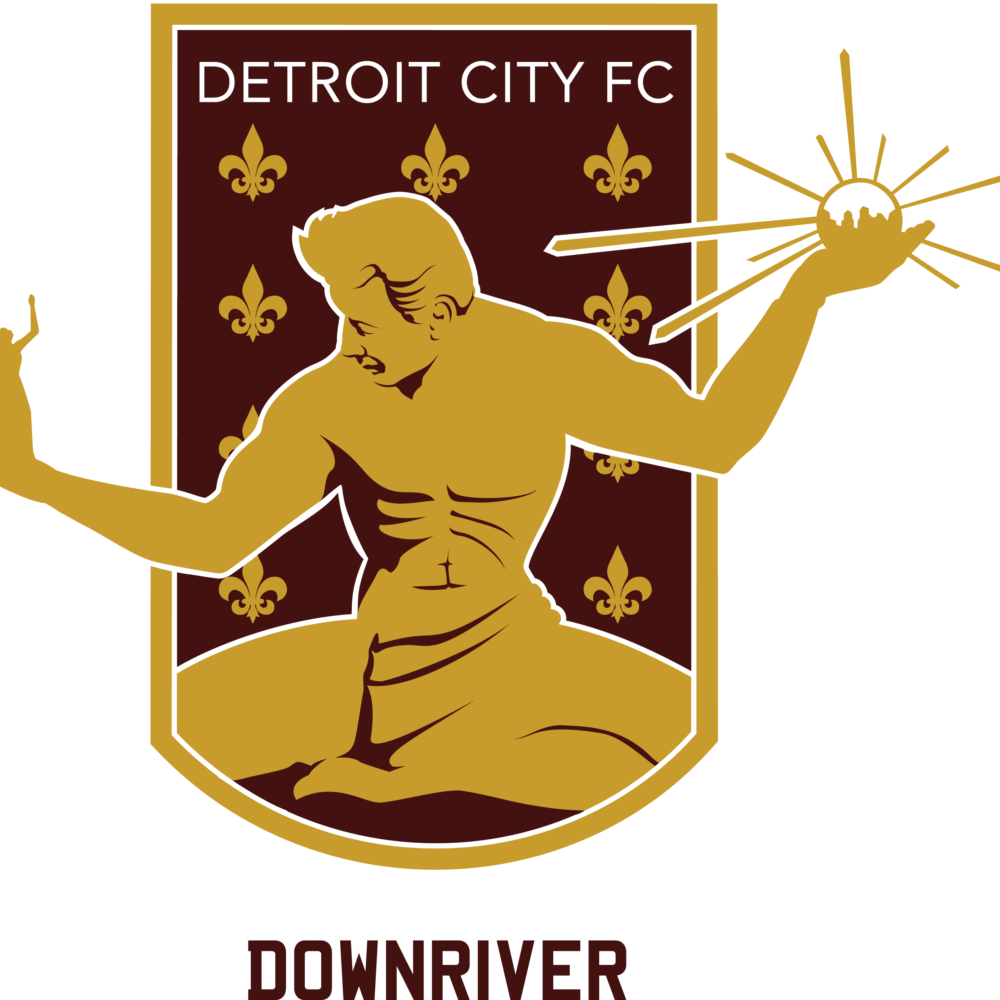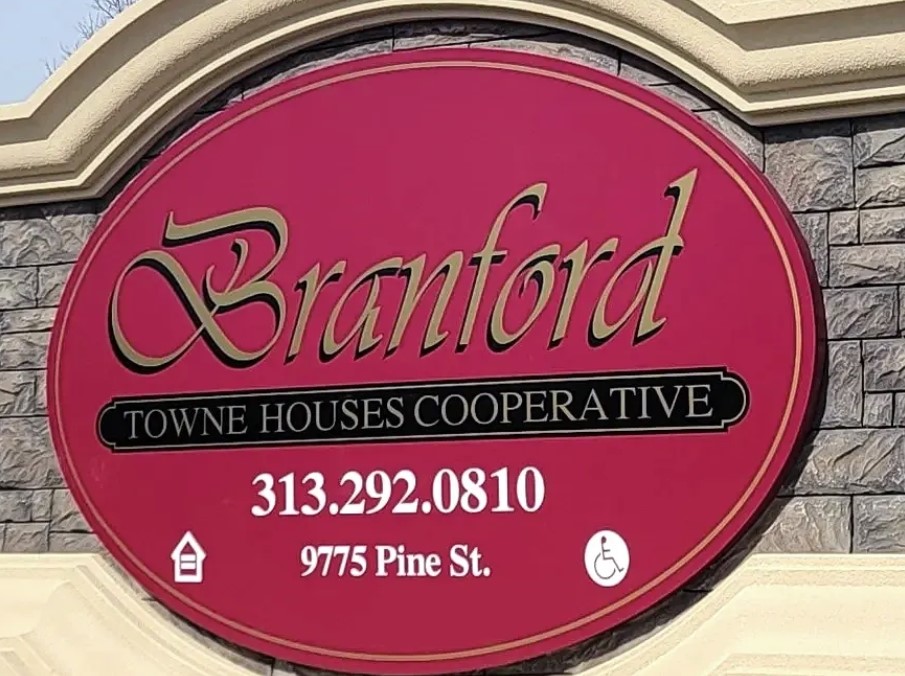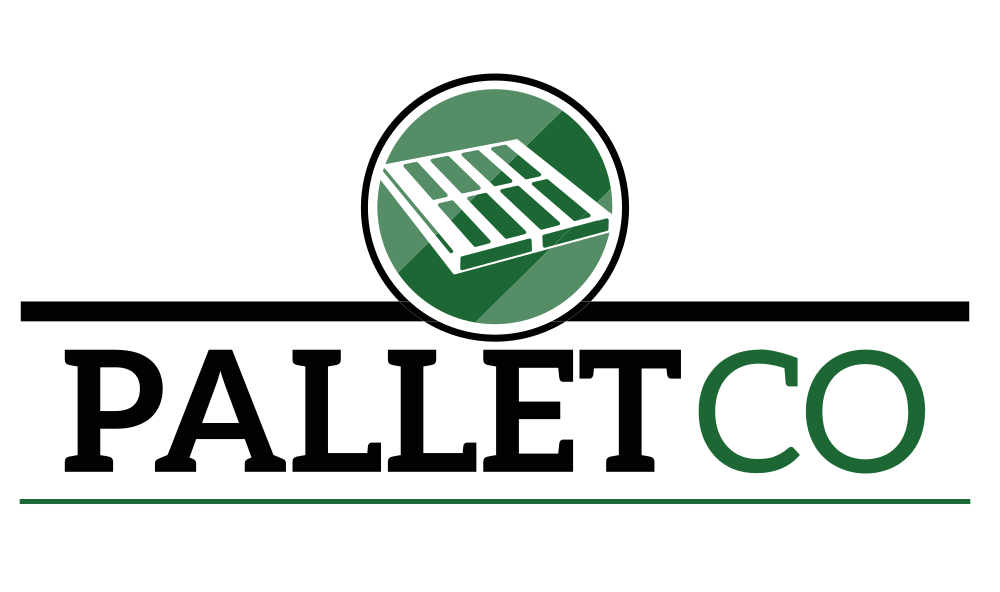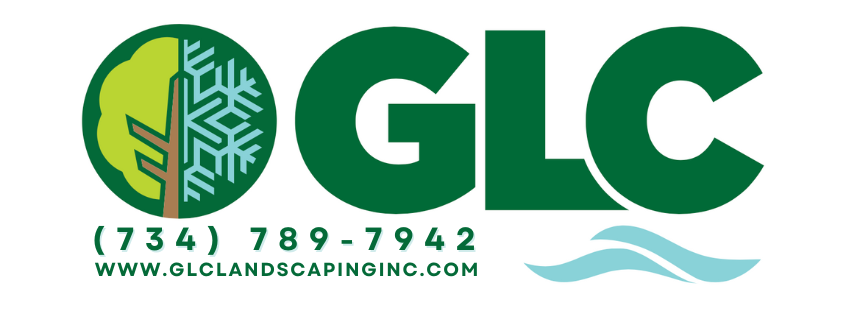Empowering Local Culinary Entrepreneurs: FastGas & SWCRC Unite to Boost Small Businesses in France
France’s culinary scene thrives on the passion and creativity of small business owners who bring unique flavors to life. Yet, many of these entrepreneurs face challenges like rising costs and limited resources, making it tough to grow their ventures. That’s where innovative partnerships come into play, offering vital support to help them succeed.
I’ve been fascinated by how FastGas and the SWCRC have joined forces to empower these local culinary talents. Their collaboration isn’t just fueling businesses—it’s transforming communities by providing tools, resources, and opportunities that small entrepreneurs need to thrive. Events like the Tuesday PM Connections are perfect examples of how this partnership fosters networking and growth. This partnership is a game-changer for those striving to make their mark in France’s competitive food industry.
Overview Of Culinary Entrepreneurship In France
France’s culinary entrepreneurship thrives on tradition and innovation. Small-scale food entrepreneurs contribute significantly to the country’s diverse gastronomic culture, from artisan bakeries to modern fusion restaurants. Tools and resources like Fast Gas empower these innovators by providing efficient solutions for modern cooking techniques. These entrepreneurs prioritize quality, creativity, and authenticity in their offerings to maintain France’s global reputation for culinary excellence.
Despite their passion, many local culinary professionals encounter challenges. Limited financial access, strict regulatory compliance, and intense market competition constrain their ability to scale. For instance, the high operational costs in urban centers deter many startups from sustaining long-term operations.
Entrepreneurs often rely on community support to succeed. Local markets and food festivals offer platforms for visibility and networking, enabling emerging brands to establish themselves. Additionally, associations, such as industry cooperatives, facilitate shared resources to ease financial burdens.
France’s culinary entrepreneurs remain pivotal to preserving and modernizing its famed food industry.
FastGas: Revolutionizing Fuel Solutions For Small Businesses
FastGas provides innovative energy solutions designed to empower France’s small-scale culinary entrepreneurs. By offering efficient and cost-effective fuel options, FastGas addresses critical operational challenges faced by these businesses.
Services Tailored For Culinary Entrepreneurs
FastGas offers services specifically designed for small food businesses, including fuel delivery and storage solutions. For instance, mobile food vendors can rely on FastGas for on-demand refueling that eliminates downtime. Artisan bakeries and cafés benefit from scalable fuel packages that match their energy consumption needs. Such services reduce overhead costs and streamline daily operations, enabling entrepreneurs to focus on their core competencies.
Supporting Sustainable Practices
FastGas promotes sustainability through eco-friendly fuel alternatives. Small businesses adopting these fuels not only reduce carbon emissions but also align with France’s environmental regulations. For example, biofuel options support local culinary brands by enhancing their market reputation for environmental responsibility. Additionally, FastGas offers guidance on energy conservation, ensuring these businesses maximize efficiency while minimizing waste.
SWCRC: Strengthening Local Business Communities
SWCRC plays a pivotal role in nurturing small businesses and fostering growth in local culinary communities across France. Its initiatives directly address challenges faced by entrepreneurs while enhancing their ability to thrive in a competitive market.
Role In Culinary Business Growth
SWCRC provides a critical support network for culinary entrepreneurs by connecting them to regional resources and opportunities. Through advocacy and partnership with organizations like FastGas, SWCRC promotes operational efficiency and financial sustainability. These efforts empower food businesses, from specialized patisseries to mobile food trucks, to expand their offerings and customer base. It also facilitates collaborations between creators and suppliers, ensuring growth within the community.
Programs And Resources For Entrepreneurs
SWCRC offers tailored programs designed to meet the unique needs of culinary startups and small-scale enterprises. Workshops on regulatory compliance, financial management, and marketing strategies help streamline operations for entrepreneurs. Grants and micro-loan programs support new ventures, particularly in underserved regions, addressing financial barriers. Networking events create visibility opportunities, allowing entrepreneurs to connect with peers, customers, and industry leaders. The organization also integrates digital tools, enabling business owners to optimize processes like inventory management and customer engagement.
The FastGas And SWCRC Partnership
FastGas and SWCRC collaborate to empower culinary entrepreneurs in France, addressing challenges and creating opportunities for growth. Their partnership aligns resources and expertise to uplift small businesses in the competitive culinary industry.
Shared Vision And Objectives
FastGas and SWCRC share a commitment to fostering local business sustainability. FastGas aims to streamline operations for culinary entrepreneurs by offering efficient energy solutions, including cost-saving fuel packages and eco-friendly alternatives. SWCRC focuses on addressing financial and operational barriers through workshops, grants, and access to regional networks. By aligning these goals, the partnership promotes innovation, operational efficiency, and market competitiveness. Their joint effort drives entrepreneur success while enhancing the culinary landscape.
Impact On Small Culinary Businesses
The partnership provides direct benefits to culinary startups and businesses. FastGas reduces operational expenses for food trucks and bakeries through tailored fuel services, ensuring stability in energy supply. SWCRC complements this by granting access to funding options such as micro-loans and grants, particularly to underserved regions. Networking events hosted by SWCRC and on-demand services from FastGas boost visibility and operational flexibility. Together, they strengthen small enterprises, enabling entrepreneurs to scale sustainably and contribute meaningfully to France’s culinary heritage.
Success Stories And Testimonials
This collaboration between FastGas and SWCRC has already positively impacted several culinary entrepreneurs in France. Their stories highlight the transformative potential of tailored support and sustainable partnerships.
Highlighting Entrepreneur Achievements
One artisan bakery owner in Lyon reduced energy costs by 30% by integrating FastGas’s eco-friendly fuel solutions, allowing them to reinvest in organic ingredients. A Paris-based food truck operator doubled their event bookings after utilizing on-demand refueling services, ensuring consistent service during peak hours.
A restaurant owner in Marseille shared how SWCRC’s financial workshops helped them secure a micro-loan to expand seating capacity. They reported a 40% revenue increase within six months. Additionally, a rural pastry maker successfully launched an e-commerce platform after attending SWCRC’s digital marketing seminar, gaining customers nationwide.
Lessons From Collaborative Efforts
Entrepreneurs highlighted that addressing specific industry challenges, such as energy inefficiencies and limited funding options, accelerates business growth. FastGas’s scalable solutions provided immediate operational relief, while SWCRC’s grants and regulatory insights fostered sustained expansion.
Participants stressed the value of access to regional networks. Partnerships facilitated by SWCRC empowered small businesses to forge collaborations, opening new market opportunities. Many credited this ecosystem for boosting confidence and resilience in a competitive culinary landscape.
Challenges And Future Opportunities
Culinary entrepreneurs in France face rising costs, regulatory complexities, limited funding access, and intense competition. For example, energy expenses can strain small budgets, while navigating food safety laws often delays market entry for new businesses. Additionally, securing funding remains a hurdle for startups, especially in rural areas, where financial resources and high-speed internet are scarce.
Despite these challenges, opportunities are emerging through innovative partnerships and technology adoption. Digital tools like online ordering platforms and e-commerce sites help small businesses reach wider audiences, while eco-friendly practices meet increasing consumer demand for sustainability. For instance, FastGas’s fuel-efficient solutions allow businesses to cut costs and align with environmental regulations, opening doors to new client segments.
Collaboration with organizations like the SWCRC encourages growth by facilitating access to funding and regulatory expertise. Grants can fuel expansion projects, and workshops enhance skills in marketing and financial management. By leveraging such resources, culinary entrepreneurs position themselves to thrive in changing markets.
Conclusion
Supporting local culinary entrepreneurs is essential for preserving France’s rich gastronomic heritage while driving innovation and sustainability in the food industry. The collaboration between FastGas and SWCRC demonstrates the power of strategic partnerships in addressing the unique challenges faced by small businesses.
By combining efficient energy solutions with financial and operational support, this initiative empowers culinary talents to thrive and adapt in an ever-evolving market. It’s inspiring to see how these efforts not only strengthen individual businesses but also enrich communities and foster economic growth.
France’s culinary entrepreneurs are the backbone of its global reputation for excellence, and with partnerships like this, their future looks brighter than ever.
















